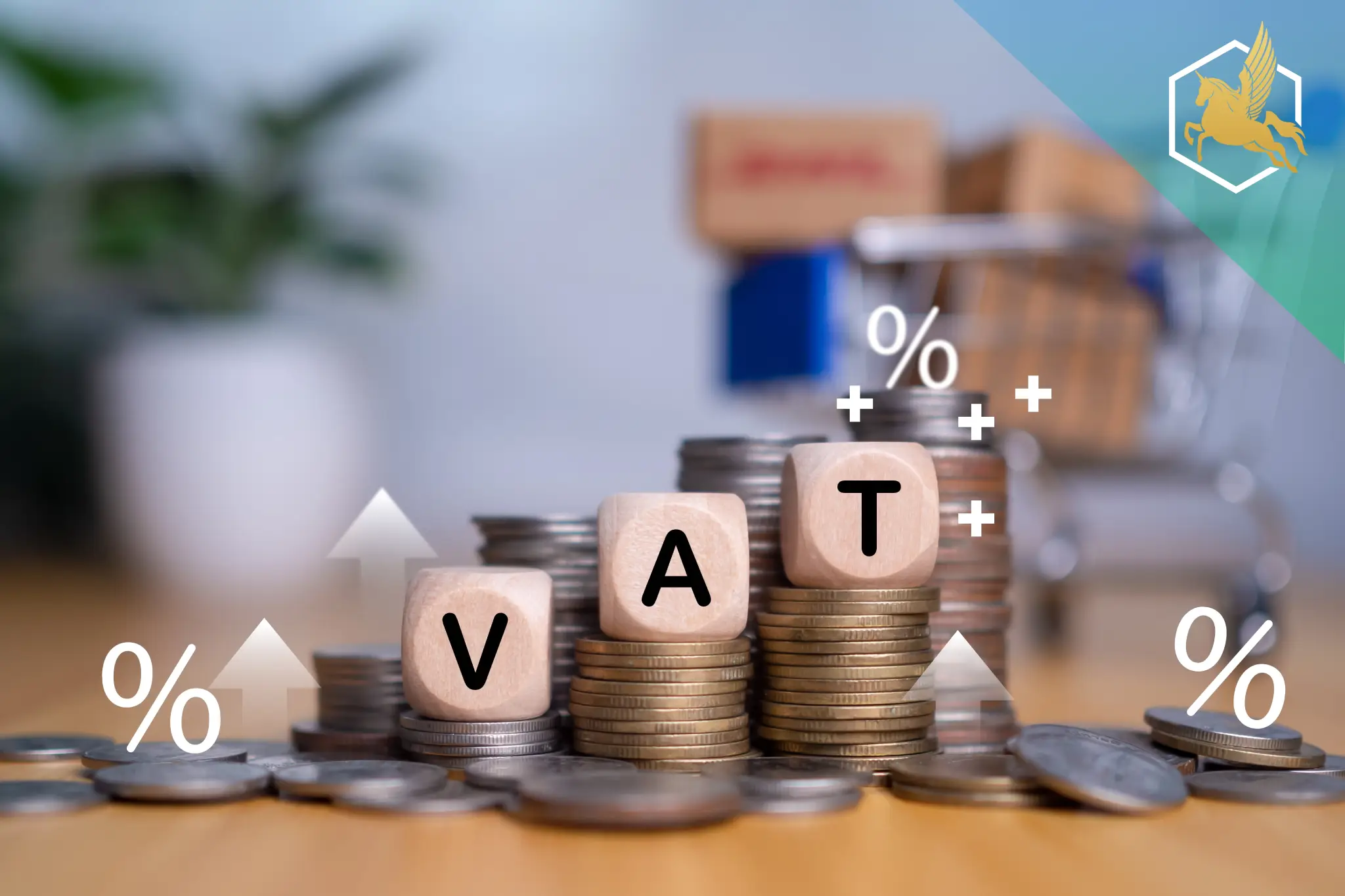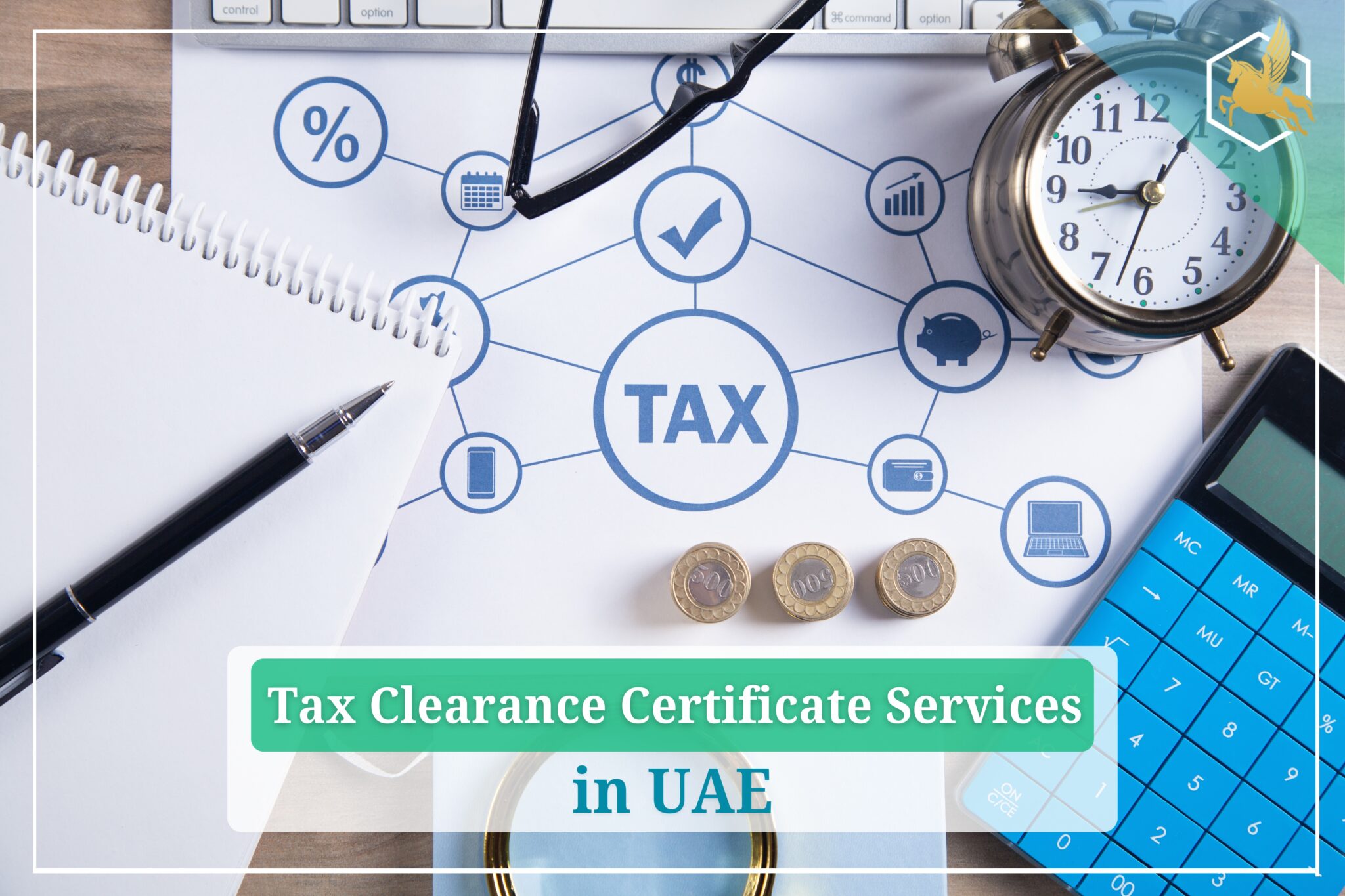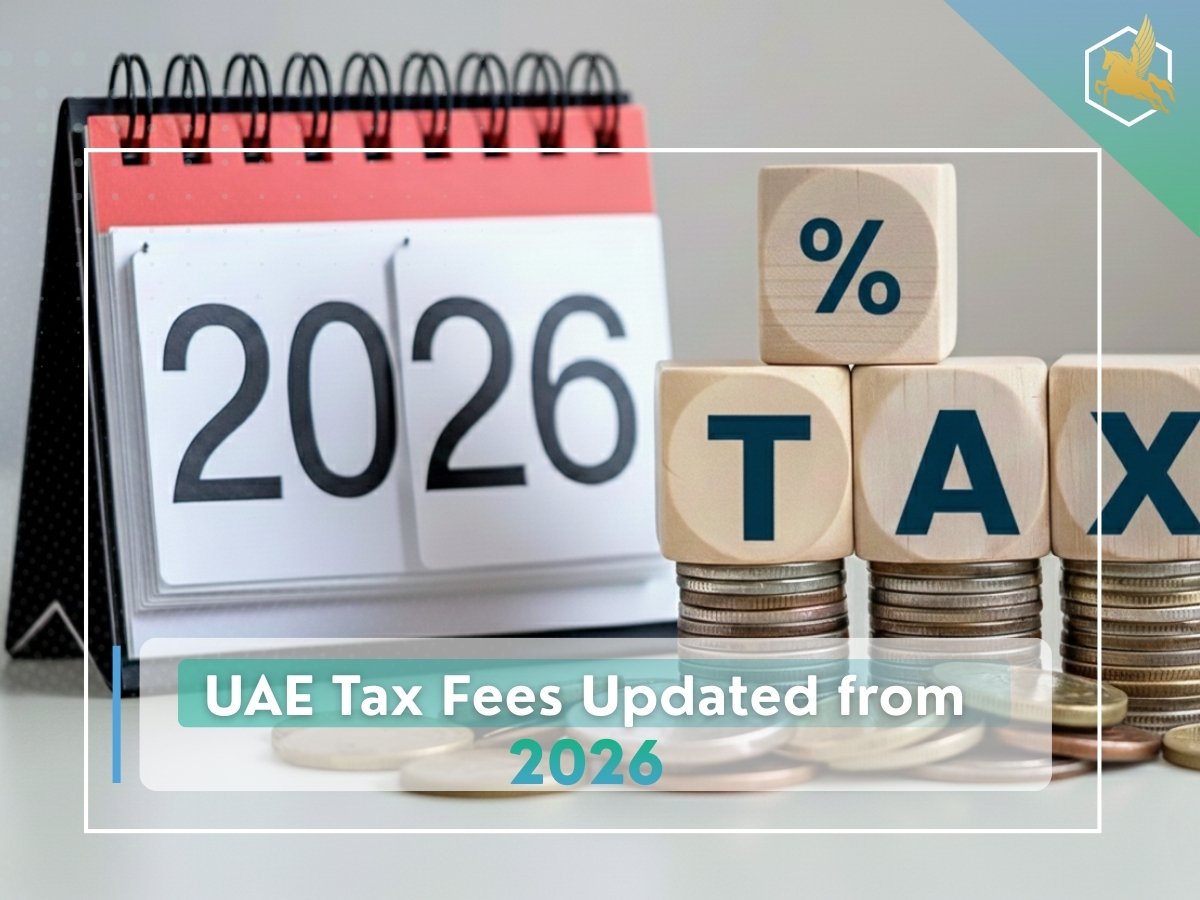The Impact of VAT on UAE Businesses in 2025
Value Added Tax (VAT) is an indirect tax charged on most goods and services at each stage of production and distribution. While the final consumer pays the tax, businesses act as the main link in the VAT chain — collecting and remitting it to the Federal Tax Authority (FTA). Understanding the impact of VAT on business is essential for maintaining compliance and financial efficiency in today’s UAE market.
When Was VAT Introduced in the UAE?
VAT was introduced on January 1, 2018, as part of the UAE’s economic diversification strategy. Since then, the effect of VAT on business in UAE has transformed how companies handle accounting, pricing, and compliance.
Current VAT Rate in the UAE
The standard VAT rate is 5%, with exceptions such as:
- Zero-rated (0%) – exports, new residential properties, specific educational and healthcare service
- Exempt – bare land, local passenger transport, and certain financial services
VAT Registration in the UAE
Mandatory Registration
Businesses with taxable supplies and imports exceeding AED 375,000 per annum must register for VAT.
Voluntary Registration
If your annual turnover is above AED 187,500 but below AED 375,000, you can register voluntarily — allowing you to reclaim input VAT credits on business expenses.
How to Register
VAT registration is completed online through the FTA portal, where you’ll need to provide:
- Valid trade licence
- Business contact details
- Financial statements and turnover proof
VAT Compliance Requirements
- VAT Return Filing
Businesses must file VAT returns monthly or quarterly, depending on their turnover. The return summarizes taxable transactions and calculates the net VAT payable or refundable. - Record Keeping
All invoices, receipts, and financial documents must be kept for at least five years to support VAT filings and potential audits. - Penalties for Non-Compliance
Late filing, under-reporting, or inaccurate documentation can lead to heavy administrative penalties. Maintaining accuracy and timely submissions is critical.
Timely VAT filing is essential to avoid administrative penalties and to maintain compliance — a critical part of managing the effect of VAT on business in UAE.
Impact on Different Business Sectors
Retail
The retail sector has had to adjust pricing strategies, manage cash flows more carefully, and ensure correct VAT calculations and timely filing.
Manufacturing
Manufacturers deal with both input VAT (on raw materials) and output VAT (on finished goods). Efficient management of input tax credits and supply-chain VAT treatment is critical.
Real Estate
VAT implications vary depending on whether the property is residential or commercial. The correct classification and documentation of properties is key to avoiding disputes or penalties.
Hospitality
In the hospitality sector (e.g., hotel room rentals, food outlets), VAT must be incorporated into pricing, and services charged correctly.
Health & Education
While many healthcare services are exempt, some related goods or services may be subject to VAT, making compliance complex for providers.
Benefits of VAT on Business in UAE
Implementing VAT has strengthened the UAE’s business environment by:
- Encouraging transparency and accountability
- Promoting proper financial record-keeping
- Allowing input tax credit claims to reduce effective tax burdens
Challenges Faced by Businesses
Despite its benefits, VAT poses challenges such as:
- Increased administrative workload for accounting and record maintenance
- Difficulty in managing cash flow, especially for SMEs
- Risk of misclassification due to evolving FTA regulations
Smart VAT Management Strategies
To handle VAT on business effectively:
- Use automated accounting software for accurate VAT calculations
- Conduct regular internal reviews for compliance checks
- Train staff on VAT updates and return filing procedures
- Consult VAT professionals for expert guidance and audits
VAT Refunds in UAE
Businesses can reclaim input VAT paid on eligible expenses. To ensure timely refunds:
- Submit claims accurately through the FTA portal
- Maintain complete supporting documents
- Regularly review refund eligibility to optimize cash flow
Impact on SMEs
Small and Medium Enterprises (SMEs) often face unique VAT challenges such as:
- Managing cash flow pressures (paying VAT before receiving payments)
- Allocating resources for bookkeeping and filings
However, VAT can also benefit SMEs by allowing input tax recovery and improving financial discipline.
The Role of Technology in VAT Compliance
Technology simplifies VAT management through:
- Automated accounting tools that calculate VAT precisely
- Data analytics for real-time monitoring and reporting
- Integrated ERP systems that ensure transparency and scalability
Final Thoughts
VAT has become a vital part of doing business in the UAE. While it adds certain responsibilities, it also promotes better financial discipline, transparency, and economic stability.
If you’re unsure about registration, compliance, or VAT return filing — our experts can help. Unicorn Global Solutions is here to help! Text us on whatsApp or call us today .
Frequently Asked Questions (FAQs)
VAT (Value Added Tax) is a consumption tax levied on the value added to goods or services at each stage of production or distribution.
VAT was introduced in the UAE on January 1, 2018.
Businesses with annual taxable supplies exceeding AED 375,000 must register for VAT; those above AED 187,500 may register voluntarily.
Yes — subject to eligibility, businesses can reclaim VAT paid on business-related purchases.








